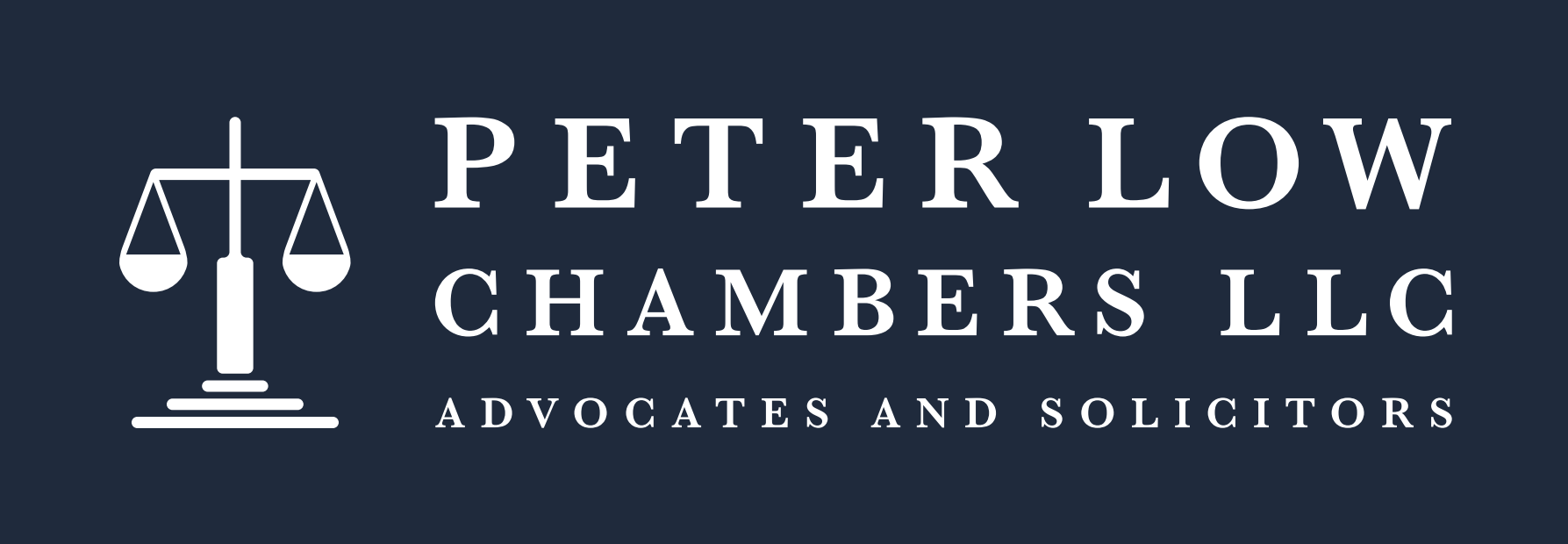Director Choo Zheng Xi successfully appeals to the High Court in a landmark case under the Protection from Harassment Act, involving the Ministry of Defence.
SINGAPORE — Only individuals, not corporations or the Government, may seek redress against false statements under the Protection from Harassment Act (POHA), ruled the High Court today (Dec 9) as it granted the appeal of doctor-inventor Ting Choon Meng and five individuals behind The Online Citizen (TOC) website.
Judicial commissioner See Kee Oon overturned an earlier ruling by a district judge. The judge had said that certain statements by Dr Ting could not be published unless they came with a notification that the statements had been declared false by Singapore courts and that the truth of the matter could be found in a statement published by the Ministry of Defence (MINDEF).
MINDEF had sought redress under the Act after the TOC in January published statements by Dr Ting about a patent dispute between his company MobileStats Technologies and MINDEF. The district judge ruled that MINDEF should be considered a “person” under the statute, despite the appellants’ argument that the Act, which took effect last November, was intended for use by individuals.
Mr See said that the POHA section that allows a District Court to make certain orders against false statements made should be confined to false statements capable of affecting their subjects emotionally or psychologically. Hence, the subject of the statements must be a human being, and not a corporation or the Government. The parliamentary debate that took place before the law was passed strongly suggests that the “true mischief” that the section aimed to address was the psychological impact of a false statement on its subject, he added. Click here
